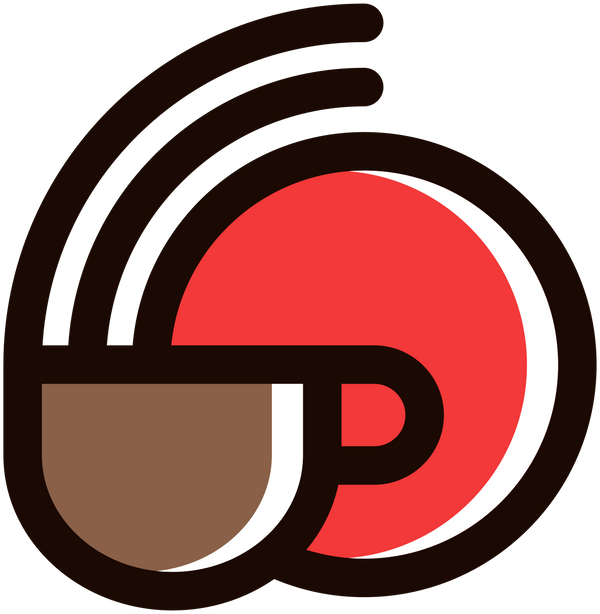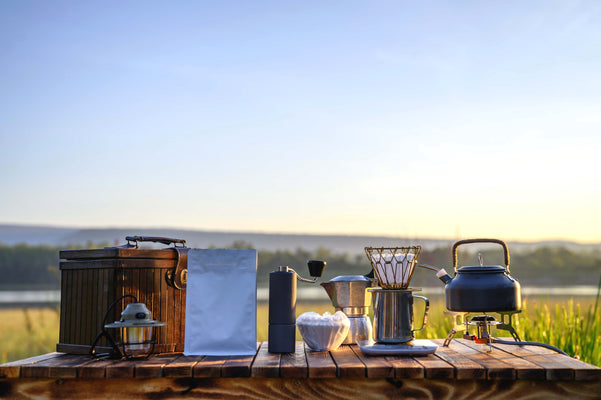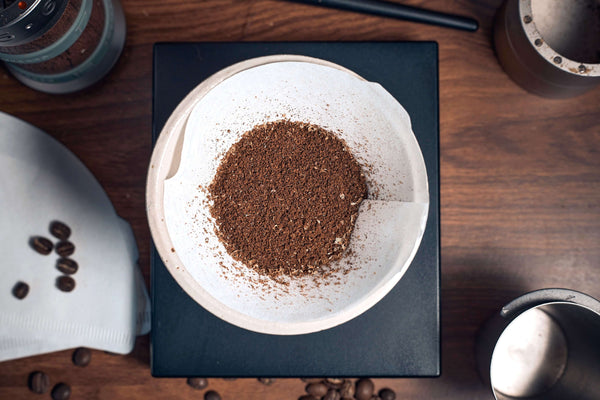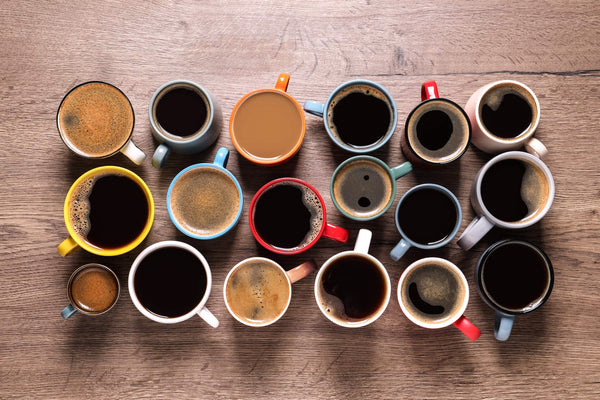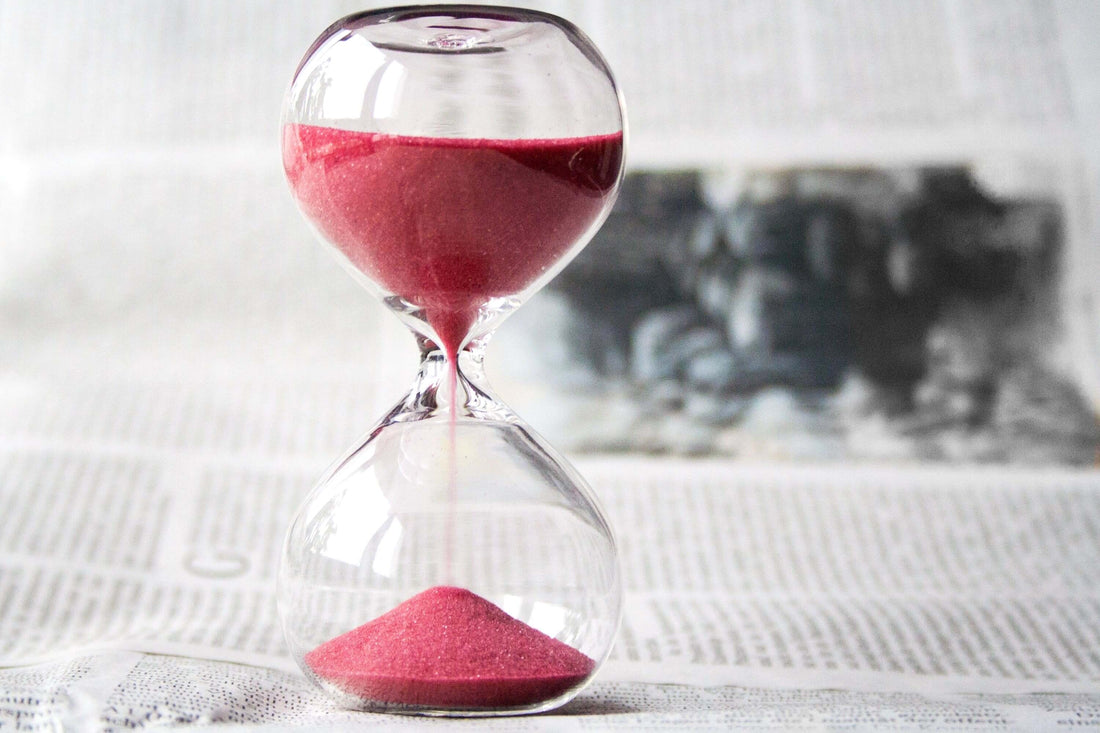
Brew Time: The Paradox of Coffee
tai attitude4 min read
When it comes to coffee-brewing, one of the pivotal variables is the brew time.
Brew time is a common topic among baristas and home brewers, as the amount of time that ground coffee is in contact with water can greatly impact the consistency of the sensory experience of the brewed coffee.
In this article, we will explore brew time in coffee brewing by providing insights to help enhance or tailor the brewed coffee experiences.
Standard guidelines for brew time
Brew time is the variable that refers to how long the extraction phase takes from start to finish for the coffee brewing process.
Why is brew time important?
The brew time is the duration that the water is in contact with ground coffee. During this time, the water extracts the compounds from the ground coffee, resulting in brewed coffee (a beverage).
In simple terms, the length of the brew time influences the strength and overall flavour attributes of the brewed coffee.
Short brew time
Generally speaking, a short brew time can result in a weak and under-extracted cup of brewed coffee. The water doesn't have enough time to fully extract from the ground coffee, leading to a lack of depth and complexion in the cup. Altogether, a sensory experience skews towards more thinness and sourness.
Long brew time
On the other hand, usually, a long brew time can lead to a strong and overextracted cup of coffee. The water has too much time to extract the ground coffee, resulting in a heavy and unpleasant cup. As a whole, the sensory experience skews towards thickness, bitterness, and astringency.
Optimal brew time
The optimal brew time is when coffee brewing hits the ideal extraction range (ideal strength and ideal extraction). The water has just enough time to extract the ground coffee, resulting in its deliciousness.
It is important to note that the optimal brew time can vary depending on the application of three general components, which are: equipment, ingredients (coffee beans, water), and skill (recipe and execution).
Ultimately, it comes down to the understanding and subjective sensory preferences of the coffee drinker as well.
Tips for achieving your optimal brew time
With all the factors above considered, here are some tips to help achieve the optimal brew time for your coffee:
1. Grind the coffee beans according to the suggested grind size setting for the equipment in use. The grind size is the one that has the best causation effect on the brew time.
2. Trying with different results of brew times to find your sensory preference. Start with the recommended brew time for your equipment, and if necessary, adjust the grind size for the next brew accordingly in order to result in different brew times.
3. Use a timer for measurement. Using a timer can help replicate your preferred brew time or ease the process of adjusting between brews.
The real use case for brew time
In simple truth, achieving optimal brew time is a crucial key to the best-brewed coffee, and this is all beginners need to know and should aim to strive for.
To dive deeper into brew time, the focus is now shifting to the mechanistic use of brew time.
So, how does brew time affect the strength or extraction during the coffee brewing process?
The answer is none. Brew time does not have a causal role in shaping the quality (deliciousness) of brewed coffee.
Rather, it's the other four brewing variables (brew ratio, grind, temperature, and turbulence) that the barista determines within the brewing time, as in:
How much ground coffee is in water, how much surface area, how much energy, and how much turbulence are the quality determinants of the brewed coffee.
In other words, it's not how much time the barista spends; it's what the barista does within that time that creates the quality. The actual use of brew time is to measure consistency between brews.
For example, if a 3-minute brew tastes better than a 2-minute brew, it is because of what the barista has done right during the time frame, not because of how long it took to brew it.
To put it metaphorically, time by itself does not cook a steak, as if time did, then putting the steak on the table over a period of time would have cooked it. In actuality, it's what the chef does within the time frame that cooks the steak.
Avowedly, time is a unique variable that we have yet to fully understand. Without time, nothing exists. With time, things do not just exist; they depend on how we act within the time.
Perhaps it is the greatest brewing variable of the five, not in terms of how much we have but in terms of how we spend it.
As baristas, we believe that you have experienced a delicious cup of brewed coffee, even when the brew time was out of your expectation range before. The beginning of why.
In essence, yes, you can make deliciously brewed coffee regardless of what the brew time is. It is certainly possible. Because unlike the other four coffee-brewing variables, which create quality, brew time is rather a measurement of consistency.
In summary
It might seem apparent that different brew times result in different sensory experiences, but what actually shifts the sensory experiences is the application of the other four coffee brewing variables within the brew time.
Brew time simply refers to the duration of coffee brewing. Brew time by itself doesn't impact the quality of the brewed coffee; it measures its consistency.
